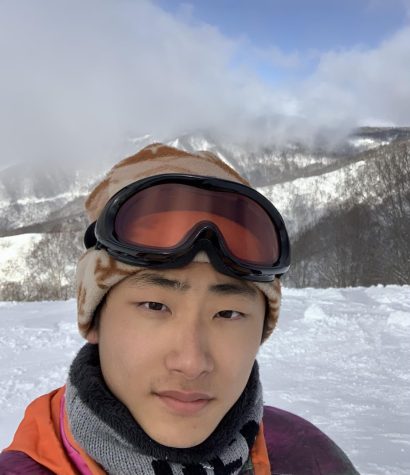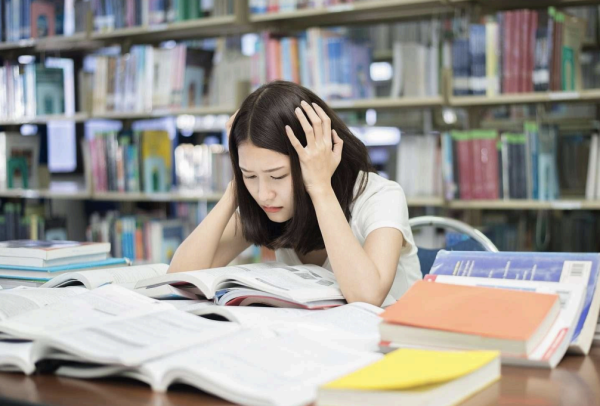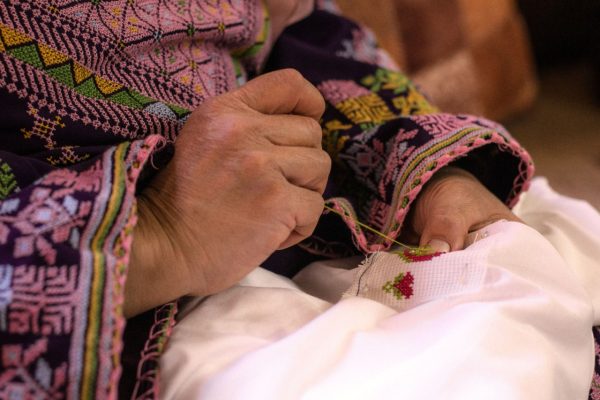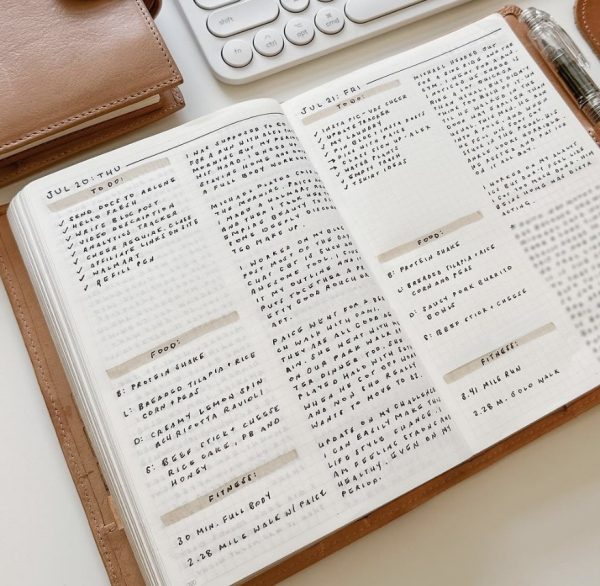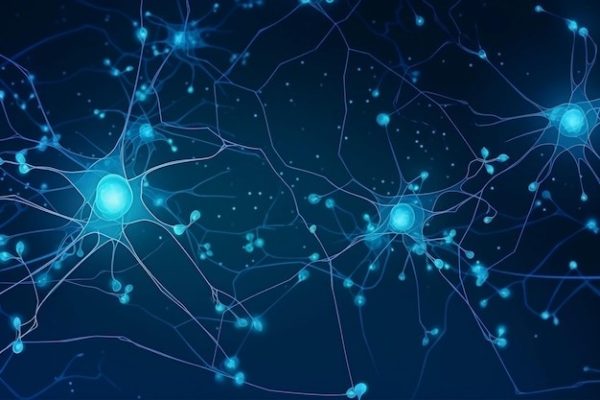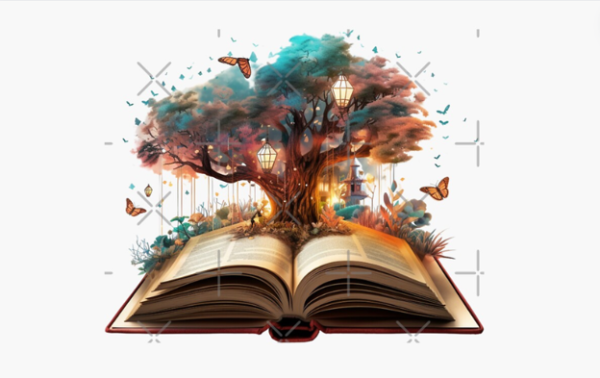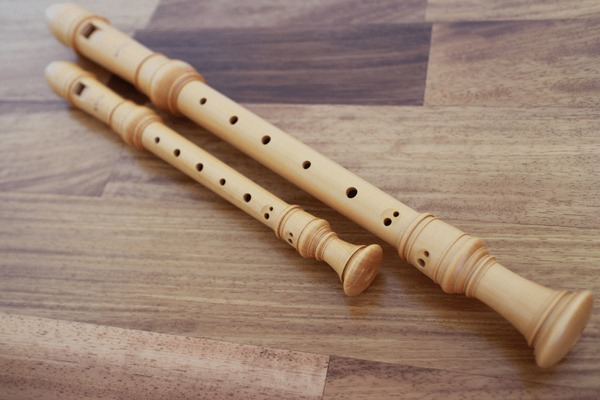Is Equality Really as Good as We Think It Is?
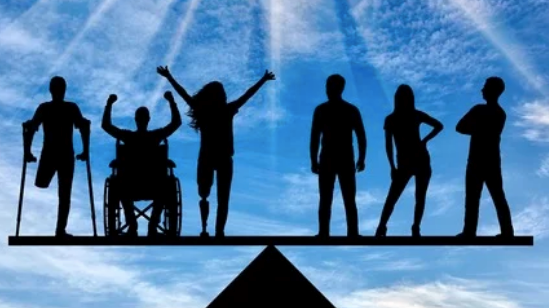
“Creak,” the door shut.
At that moment, I realized I had been put into a prison cell. When I looked around, it was not just me; I saw many of my friends trapped in this matrix.
In October 2020, my new journey began here in Japan. I came back from the U.S. after four years of education and started at a new high school in Japan. It was a public school, well-known in my prefecture. I was thrilled for school to start because I could learn, play and grow in my academic pursuits.
I am a person who does not hesitate to express myself. In classes, I always had questions to ask and raised my hand. In fact, I was the only student who would raise a hand. A month after school began, I started to feel horrible when thirty classmates gazed at me whenever I did odd things. Odd meaning, in this case, raising a hand when nobody else did.
In my English class, which is what I am good at, I expressed myself as best as I could. But weirdly, I felt that creepy gaze again. One classmate even told me to speak as if I were new to English so that I wouldn’t stand out in class. I was overwhelmed by feelings of confusion and sadness. I just tried to grow by being the best version of myself; why did I have to intentionally suppress myself just to “not stand out”?
With that feeling surging within me, I asked my English teacher to put me in the ‘upper class’ for more advanced students, so I perhaps did not have to feel that gaze again. He replied, “You have enough quality to be in the ‘upper class’, but as a rule, at your age, you have to take this course.”
I was disappointed. I had no idea why I could not take the courses I wanted to, just because of my age.
Going to school became torture as it betrayed my expectations of growing and developing as a student.
One day on the train home from school, I saw a woman with a unique haircut – a large rainbow afro. Everyone was staring at her; however, their looks were more out of suspicion than curiosity. When the woman left the train, everyone just lowered their gazes back to their phones.
“Creak,” the train door closed. That was the moment in which I realized what Japanese people valued, and that I had been in this prison cell named “Be as everyone else is”.
Japanese society strongly values equality. This equality means ‘sameness’, or acting in the way a general social expectation demands. But general expectations only fit a few people, not most people, because we are fundamentally different in what we like, our opinions, and our values. This idea of equality traps the human heart and turns us into a robot that simply follows social demands.
The idea of equality is deeply rooted in Japanese schools, which is why I am expected to speak low-level English, take an age-level course, and not raise my hand during classes. When I don’t act as expected, I receive that uncomfortable gaze. This kind of gazing, which feels like a prison guard’s non-contact punch, makes it difficult for individuals to be themselves.
I am strongly against this concept of equality. Some might accuse me of discrimination or of being unfair. But I say this: I hope for equity in this society, an act of change.
Equality is about giving the same resources or opportunities to everyone regardless of who they are. However, equity is about giving resources or opportunities to individuals based on their unique circumstances. For instance, a year ago, the Japanese government issued a subsidy of 100,000 JPY to every household for support during the COVID-19 pandemic. I felt so disappointed, not because they were trying to help, but because of the way they chose to do it.
Many people did not even need financial support, yet there were always people who needed much more than 100,000 JPY. However, the government just distributed this support equally, ignoring the people who needed it most. What I believe should have been done was for the government to subsidize those who needed more than 100,000 JPY and not give to those who were financially secure. That way, we could have given more help to the people who really needed it!
Is equality really as good as we think it is? Where do you stand?


